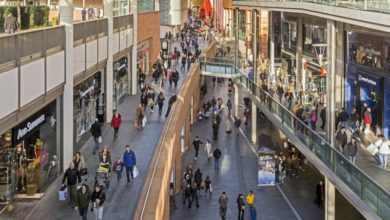
With the Golden Quarter in full swing and the risk of another lockdown receding, it feels like physical retailers can finally focus on the future and doing what they do best. Namely serving the varied interests and needs of our nation of shoppers.You'll need to
subscribe to unlock this content. Already subscribed? Login?







